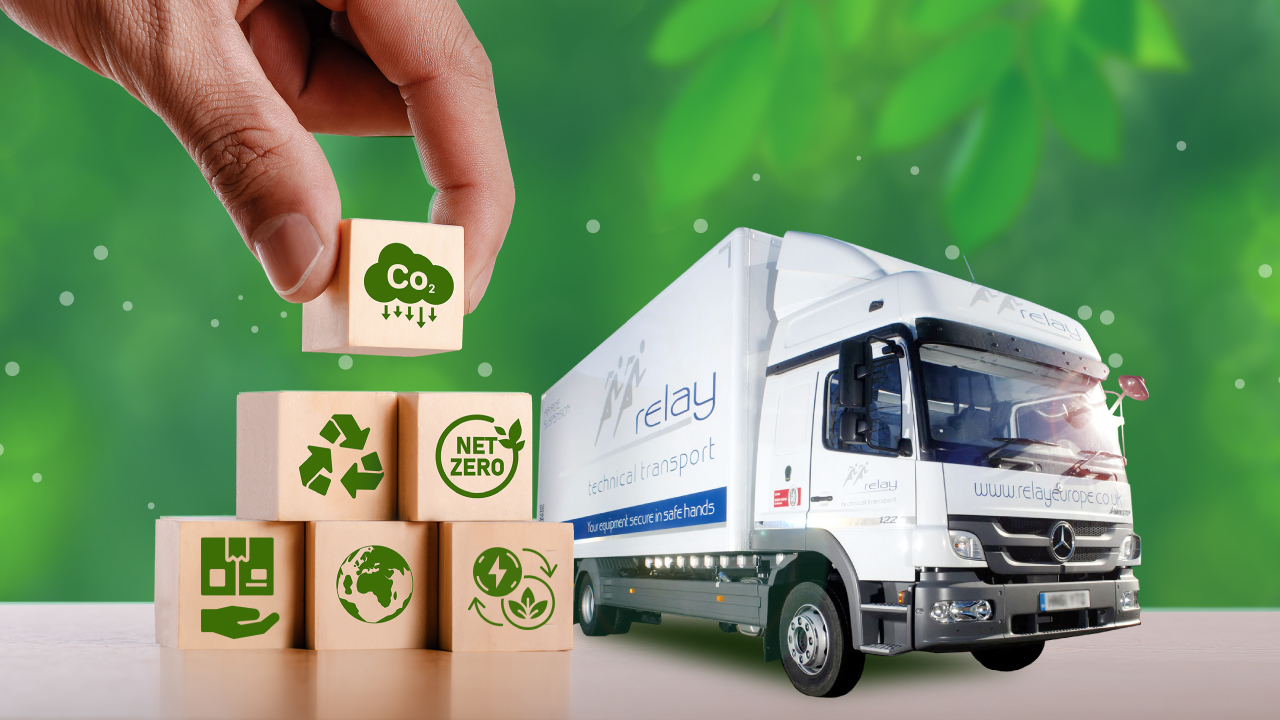COP28 ended in Dubai, UAE (United Arab Emirates), on December 13th last year, a day later than scheduled. But the results were very encouraging, given how previous UN Conferences on Climate Change had been largely disappointing in their progress. As was stated in a communique on the COP28 website:
"Today, the Parties agreed a landmark text named The UAE Consensus, which sets out an ambitious climate agenda to keep 1.5°C within reach. The UAE Consensus calls on Parties to transition away from fossil fuels to reach net zero, encourages them to submit economy-wide Nationally Determined Contributions (NDCs), includes a new specific target to triple renewables and double energy efficiency by 2030, and builds momentum towards a new architecture for climate finance."

"The UAE Consensus, which follows a year of inclusive diplomatic engagements and two weeks of intense negotiations, reflects the COP28 Presidency’s goal to provide the most ambitious response possible to the Global Stocktake and delivers on the central aims of the Paris Agreement.”
A few days into COP28, on 4th December, there were was a focus on International Trade. As explained on the Conference website relating to its themed sessions:
These discussions highlight the role of international trade in advancing climate action, encouraging the global trade community to actively contribute to solutions. This includes supporting a just transition and facilitating market access for MSMEs (Micro, Small, and Medium Enterprises) to engage with global supply chains and governments.
Gaining and Maintaining Momentum
There are already exciting projects in progress to support "the role of international trade in advancing climate action."
An article in Global Hydrogen Review on 16th August 2023 describes work being carried out on the production of green hydrogen at the University of Sheffield. This post included the following information: “Researchers from Sheffield will work with partners in the aviation industry to develop new hydrogen and CO2-based fuels that meet the strict standards and regulations that new fuels are subject to.
They will also work with other industries across the UK to help them switch fuels and decarbonise.
"With the new electrolyser, the University is capable of producing nearly 140 Nm3 per hour of green hydrogen with storage capacity of 1450 Nm3 – equivalent to the electricity required to power 200 homes."
Relay has been actively reducing carbon emissions of its UK and International operations, and by doing so also reducing costs to customers, for decades. We have consistently followed the route to Net Zero and operational efficiencies through fleet acquisition, strategic loading, the use of advanced technology for journey monitoring and management, as well as a range of other methods.
As a proactive member of Logistics UK, we would like to quote the opening lines of its statement on a “Fair Transition to a Greener Economy,” namely: The logistics sector is embracing the decarbonisation agenda and is committed to playing its part to help the UK achieve net zero, helping create the opportunity for the UK to be a leader in green innovation and investment."
This statement, and the recommendations that follow, have Relay’s full support.